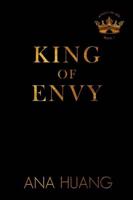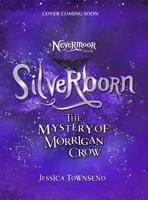Publisher's Synopsis
This historic book may have numerous typos and missing text. Purchasers can usually download a free scanned copy of the original book (without typos) from the publisher. Not indexed. Not illustrated. 1870 edition. Excerpt: ...in consequence of their participation in this affray, and for having become amenable to the law. Two things are here evident: that the success of the society had become such as to make it a matter of great and vital importance to gain admission; while whisky led to the death of a stranger, the transportation of one of our most useful artisans, the dismissal from the society of a second, and the suspension of a third." CHAPTER XVIII. GOVERNMENT. Under this head, I do not think I can do better than adopt the following characteristic though somewhat burlesque sketch from one of Mr. Finch's letters: --"The form of government adopted at Ralahine (Laws 37 and 40 to 43) combined all the advantages of Toryism, Whiggism, and Radicalism, without any of the defects of either; it had all the strength, unity of purpose, and unity of action, of Monarchy and Toryism--all the moderation, expediency, checks, and caution, of Whiggism, and far more than the liberty and equality of Radicalism. "The government was by King, Lords, and Commons. Mr. Vandeleur was king, an hereditary and almost absolute monarch; Ralahine estate was his kingdom; Ralahine society his people; the secretary, treasurer, and storekeeper, were both his ministry, executive power, and House of Lords, chosen by himself, and removable at his pleasure; the committee were both his councillors and the standing committee of the House of Commons; the House of Commons consisted of the whole people, male and female, above seventeen years of age. "King Vandeleur had a power which we would by no means entrust to the governor of a community, nor would even a Tory entrust it to a sovereign, namely, the power of banishing from his kingdom any one or more of his subjects, at any time, ...






















